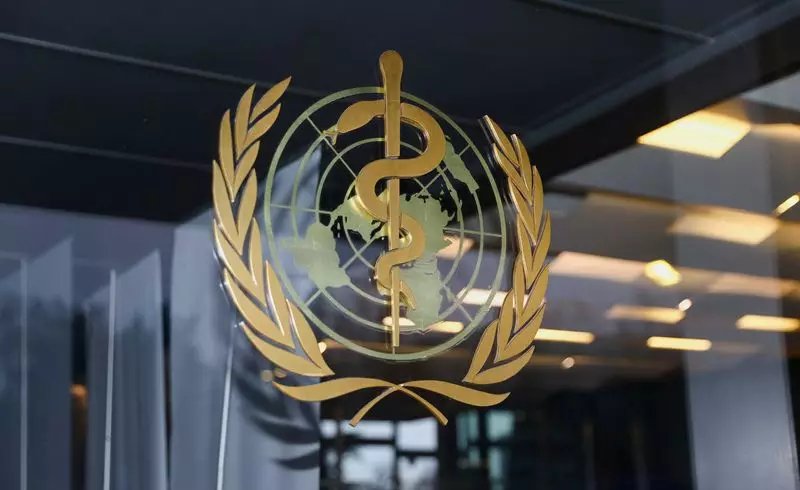The recent decision by U.S. President Donald Trump to withdraw the United States from the World Health Organization (WHO) marks a pivotal moment in global health governance. The Africa Centres for Disease Control and Prevention (Africa CDC) has raised alarms regarding the potential ramifications this decision could have on health initiatives in Africa. As the continent grapples with a myriad of health challenges, the withdrawal of the U.S., which has historically been a significant financial contributor to the WHO, poses substantial risks to Africa’s public health infrastructure.
For many African nations, the support received from the U.S. through the WHO has been indispensable. The financial backing has significantly bolstered health programs aimed at combating infectious diseases, such as HIV/AIDS, malaria, and tuberculosis. Senior official Ngashi Ngongo of Africa CDC articulated how deeply intertwined U.S. funding is within many public health initiatives across the continent. Without this essential financial support, many countries may find themselves unable to sustain crucial health services and programs that safeguard the well-being of their populations.
In light of these challenges, African nations must urgently evaluate their public health financing strategies. Ngongo emphasizes the need for countries to diversify their financial sources to mitigate the effects of reduced support from the U.S. This necessitates not only the identification of new funding channels but also fostering stronger collaborations with other non-African countries and international organizations. Such diversification efforts are crucial not just for the immediate response to health crises but also for the long-term sustainability of health systems within the region.
Zimbabwe’s finance minister articulated significant apprehension regarding how U.S. withdrawal might trigger cuts in health aid to countries heavily affected by diseases like HIV/AIDS. Such cuts could reverse the progress made over the years in improving health outcomes. The vulnerability of countries like Zimbabwe underscores the importance of continued international support and the devastating consequences that could arise from a shortfall in funding. The potential for increased morbidity and mortality rates as a result of inadequate health services due to funding cuts is a legitimate cause for concern across the continent.
While Ngongo remains cautiously optimistic about the Africa CDC’s operational capabilities, the uncertainty surrounding the U.S. withdrawal could jeopardize collaborative projects previously initiated with American partners. A joint action plan established over the previous year may also face disruption, illustrating the fragility of international health partnerships. This scenario calls for renewed efforts to ensure that Africa’s health initiatives can continue to thrive in the face of shifting geopolitical dynamics.
The decision to withdraw from the WHO carries significant implications for public health on the African continent. With the potential for decreased funding and support, it is imperative that African nations take proactive measures to secure alternative financing and build resilient healthcare systems. As the continent navigates this uncertain landscape, prioritizing health financing independence and fortifying international partnerships will be essential in safeguarding the health of millions.

